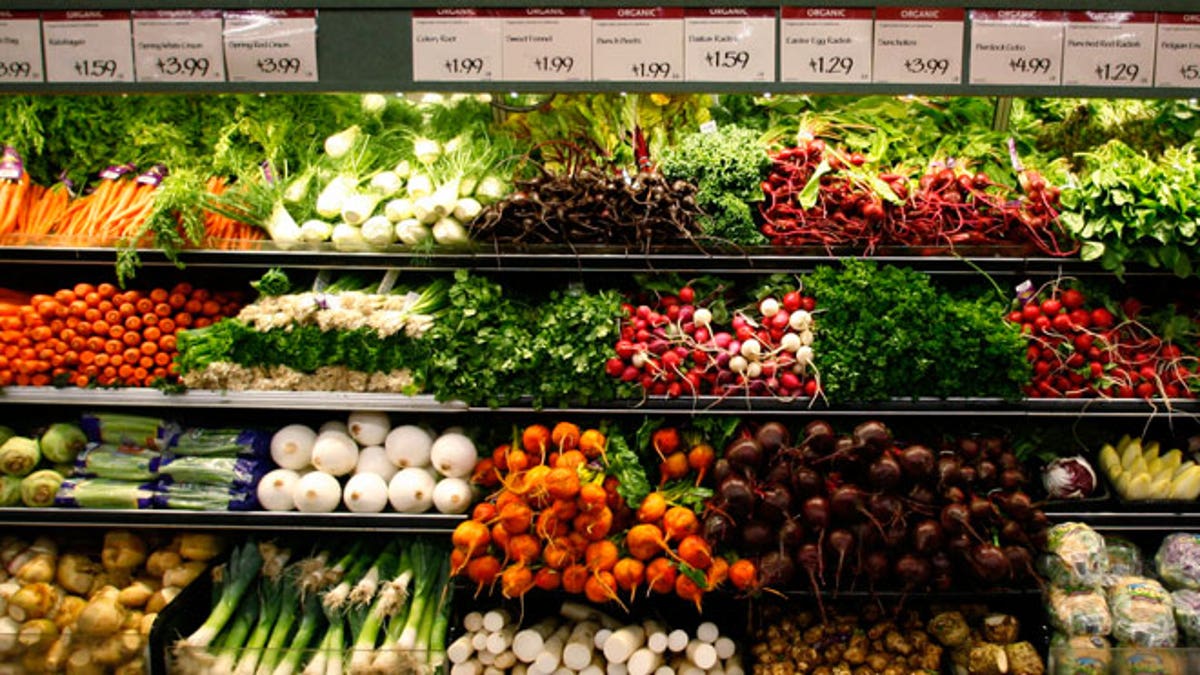
(REUTERS)
The Farm Belt isn't going organic fast enough to keep up with surging consumer demand, forcing makers of organic foods from milk to deli meats to look abroad for key commodities while struggling to recruit skeptical farmers at home.
The U.S. is the world's largest producer and exporter of corn and soybeans, but organic supplies, which are used largely as animal feed for production of organic meat and dairy, are hard to come by here. Federal data show organic food producers are turning to China and India for organic soybeans, as total U.S. imports of those kinds of beans doubled last year and could surpass $100 million in value this year.
Food companies say fewer corn and soybeans farmers are adding organic acres, with some even returning to pesticides and processed fertilizer after trying organic production.
"We are not keeping up. You have seen a slowdown in the transition of acres," said George Siemon, chief executive of Organic Valley, the largest cooperative of organic farmers in the U.S. Limited new supplies, he added, mean its dairies pay higher prices for feed, making producers less profitable as organic retail prices can only climb so high.
Besides hurting returns for dairies, a lack of new acres for organic row crops, which lag behind fruits and vegetables in new production, could restrict growth for other organic foods that rely on feed, such as poultry, the Organic Trade Association says. Some food makers also fear imports could turn off consumers who equate organic with locally grown food.
Federal data show the organic crop makes up a sliver of the 175 million acres of corn and soybeans planted this spring, though the organic data lag behind total plantings by several years.
U.S. sales of organic food, meanwhile, grew over the past five years by 35%—nearly three times the pace of the food industry as a whole—to $29 billion, according to the Organic Trade Association.
Altfrid Krusenbaum can't grow enough feed for his organic dairy farm in southern Wisconsin and must buy organic corn and oats from a feed mill. He would like to produce everything locally, but conventional farmers aren't switching their practices, and land costs are too high for Mr. Krusenbaum to rent or buy more ground. "For the most part, land is all locked up," he said.
Federal standards require farmers to forgo processed fertilizers and chemical weed killers for three years before their crops can be certified organic. Many farmers say that is an eternity when the cost of land has skyrocketed and prices for crops produced conventionally are at historic highs.
